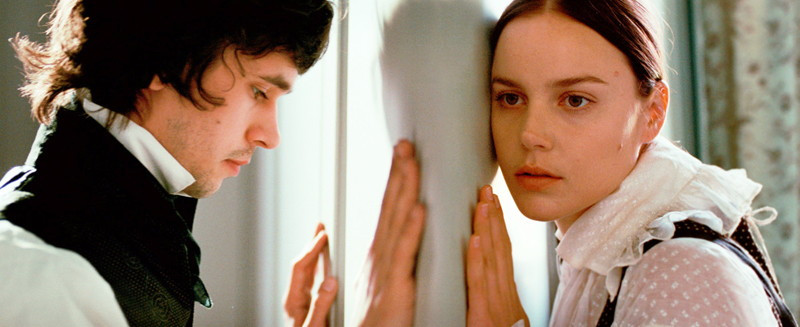Ode to a short-lived love affair
New film about poet John Keats runs the risk of falling into clichés but is ultimately crafted like a well-written poem
Films centred on historical figures often tend to keep audiences at a distance, owing to the fact that the average filmgoer may not be familiar enough with the characters to care. This is not the case with the latest film from Jane Campion, the Academy Award-winning director of The Piano.
Bright Star, playing this week exclusively at the Globe, immortalizes the short-lived (and extremely chaste) love affair between the great romantic poet John Keats (Ben Whishaw of I’m Not There) and Fanny Brawne (Abbie Cornish).
The two meet and fall in love as Keats is struggling to make a name for himself in the world of 19th century literature. The pressures of society, most notably the seemingly inexhaustible objections from both Keats’ best friend Charles Brown (Paul Schneider) and Fanny’s mother (Kerry Fox), plus John’s lack of substantial income, conspire throughout the film to keep the lovers apart.
However, this frustration seems to drive Keats forward and ultimately becomes the catalyst for some of the greatest poetry of the Romantic Era.
The film runs the risk of falling into the far too familiar clichés of the common romance and at times nearly trips on that precarious and extremely thin line. Yet Campion crafts her film like a well-written poem, gently guiding us through the tumultuous emotional landscape of love.
The beauty of the film is unmistakable and at times breathtaking. Campion manages to capture photographically both the immense splendour of a pastoral painting and the exquisite nature of Keats’ best poetry.
Interestingly, for all the evocative and expansive cinematography, the film is essentially one of entrapment. Campion constantly photographs her characters surrounded by doorways, framed by trees or pushed to the corner of the frame in order to express the oppressive nature of a society that insists on the impossibility of these two desperately in love characters ever consummating their ill-fated relationship.
In a bold move, Campion gives Keats the final statement of the film by having Whishaw recite the words of “Ode to a Nightingale” over the credits.
The final refrain of the poem, “Was it a vision, or a waking dream? / Fled is that music: – do I wake or sleep?” is the perfect benediction for a film so wrought with ethereal beauty, so troubled by the temporality of life and so hopeful about the redemptive and eternal power of great art.
Published in Volume 64, Number 6 of The Uniter (October 8, 2009)







